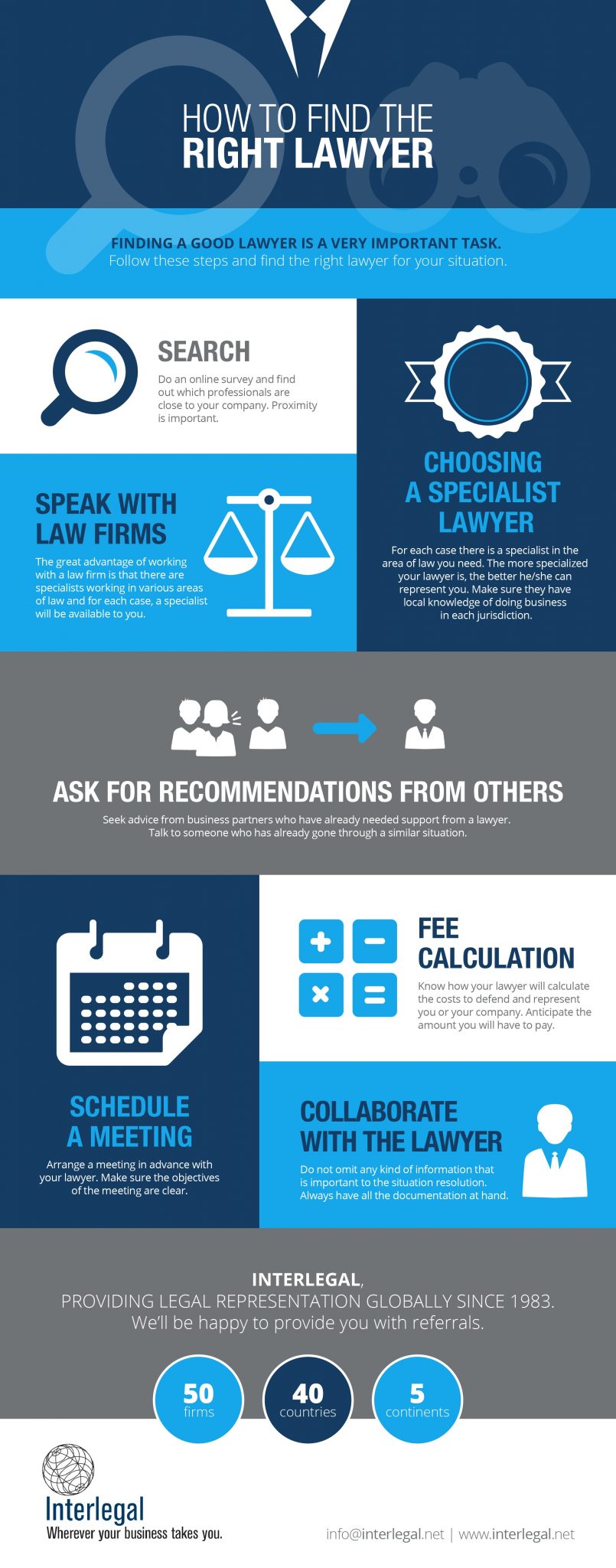The Cost Of Deceit: A Financial Analysis Of White Collar Crime'S Effects
The Cost Of Deceit: A Financial Analysis Of White Collar Crime'S Effects
Blog Article
Short Article Developed By-Vance Bendtsen
Visualize a beautiful garden, meticulously nurtured over years, loaded with lively flowers and rich plant. Now, photo a flock of perilous parasites silently penetrating this place, gnawing away at the origins and petals, leaving a trail of devastation.
This metaphor aptly captures the cost of clerical crime, a stealthy threat that penetrates our economic situation with devastating effects. As you enter this conversation, prepare to reveal the concealed financial effect of clerical criminal activity and the significant effects that remain long after the perpetrators have actually vanished from the scene.
The Financial Toll of White Collar Crime
Clerical crime exacts a heavy monetary toll on people, services, and the general economy. It isn't simply a victimless crime or a minor hassle. The effects are significant and disastrous.
When individuals succumb clerical criminal activity, they usually lose their life savings, their homes, and their sense of security.
Services, on the other hand, suffer enormous monetary losses due to fraud, embezzlement, and various other forms of clerical criminal offense. These criminal activities cause lowered earnings, harmed online reputations, and also bankruptcy in many cases.
In addition, the economic situation overall endures as white collar crime threatens rely on the economic system, decreases customer confidence, and interferes with financial growth.
The financial toll of clerical criminal activity can't be undervalued, and it's essential that we take strong measures to avoid and combat this kind of criminal task.
The Disintegration of Trust in Institutions
The erosion of trust in organizations is a consequence of clerical criminal activity that has far-reaching effects for people and culture. When clerical criminal offenses are devoted by people in positions of power and authority, it threatens the depend on that individuals have in those establishments.
This erosion of depend on can have a number of negative results:
- ** Loss of faith in the justice system **: When people see those in effective settings escaping clerical criminal activities, it can lead to a loss of belief in the justice system. Individuals may really feel that there's a lack of accountability for those who devote such criminal offenses, which can wear down rely on the lawful system.
- ** Decreased confidence in financial institutions **: Clerical criminal activities usually include economic fraudulence and control. When individuals or institutions are condemned of such criminal activities, it can lead to a reduction in confidence in banks. This can have a negative influence on the economic climate as individuals may be hesitant to invest or trust these organizations with their cash.
- ** Damaging of social textile **: Rely on institutions is a fundamental pillar of an operating culture. When that trust fund is worn down, it can result in a weakening of the social fabric. Individuals may become much more negative and hesitant of institutions, which can bring about a break down in social cohesion and participation.
Long-Term Economic Outcome
Loss of rely on establishments due to white collar crime can have long-term economic effects.
When individuals and businesses despair in the integrity of organizations, they might come to be hesitant to spend or take part in economic activities. This absence of depend on can bring about a decline in consumer costs, as people come to be extra careful with their money.
In addition, services may hesitate to develop collaborations or become part of agreements, fearing that they'll be benefited from by underhanded people.
The long-term economic consequences of this loss of trust can include slower financial development, decreased job production, and lowered market competitiveness. It's important for establishments to deal with clerical crime and bring back rely on order to protect the long-term financial health of a nation or area.
https://criminaldefenselawyer88653.blog4youth.com/31711700/guidelines-for-choosing-the-ideal-criminal-law-practice-for-your-instance
To conclude, the economic impact of clerical criminal activity is shocking, with consequences that get to much beyond simply economic losses. It wears down the trust we position in our institutions, leaving a gap that's challenging to load.
Like https://fortworthbusiness.com/business/jeff-kearney-hall-of-fame-lawyer-fierce-advocate-compassionate-friend/ , clerical crime leaves a long lasting mark on our economic situation, leaving us to grapple with its results for years to come.
